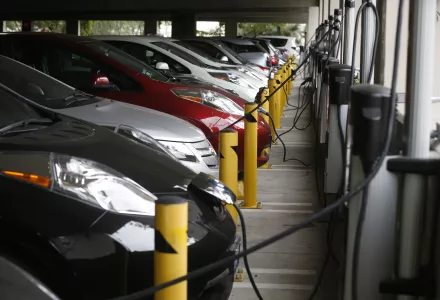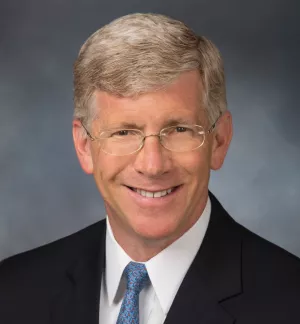
Building a Safe, Secure, and Prosperous Future
Introduction
When the country faces a major threat, a dedicated minority recognizes it and lobbies hard for strong actions to address it. Stakeholders with powerful vested interests in the status quo lobby just as hard (sometimes harder) to block the proposed actions. In many cases, the advocates for change never get past this stage.
Given sufficient leadership and popular support, however, in some cases effective measures have been adopted, tremendous benefits achieved, and the dire warnings of economic damage from these measures have turned out to be wrong. Instead, the environmental initiatives succeeded in strengthening the environment while the economy grew.
When faced by an imperative to reduce pollutants, companies have invested in technology and innovation and found that in driving down pollutants they also drove down costs. This result has occurred many times. In response to the 1970s energy crisis, for example, California introduced the first-ever efficiency standards for refrigerators in 1976. By 2009, the average new U.S. refrigerator used 72 percent less electricity than the corresponding 1976 model, but performed better and cost 65 percent less.
What can we learn from these past successes in facing global threats?
Poneman, Daniel. “American Energy Policy.” Belfer Center for Science and International Affairs, Harvard Kennedy School, April 2017


